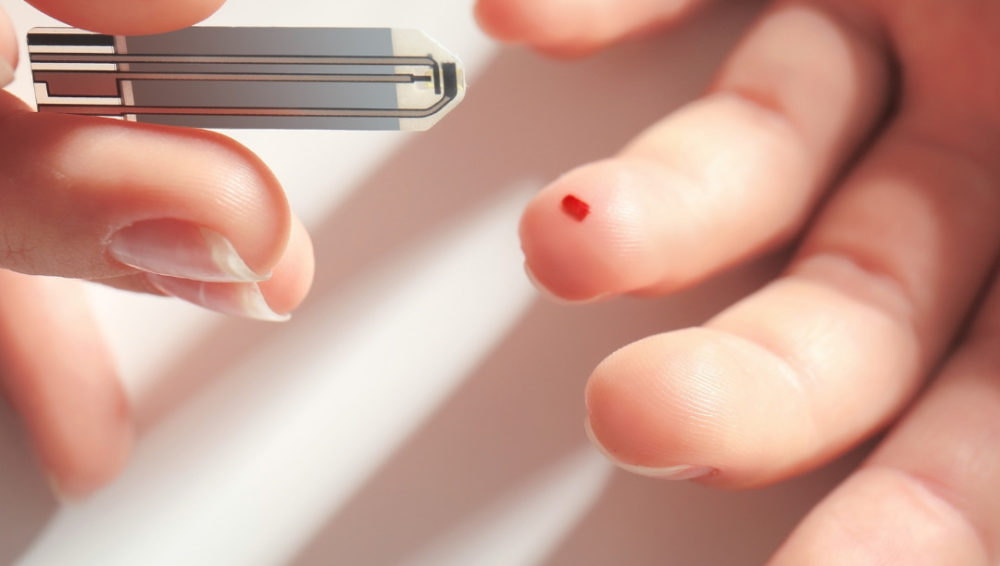Fertility tests you can do at home
When considering In-Vitro Fertilization (IVF) or experiencing difficulties in getting pregnant, taking an at-home fertility hormone test could be a helpful inexpensive first step.

When considering In-Vitro Fertilization (IVF) or experiencing difficulties in getting pregnant, taking an at-home fertility hormone test could be a helpful inexpensive first step.
How do at-home fertility hormone tests work?
These tests work by measuring the levels of certain hormones in your body, which play a critical role in your fertility. These hormones include:
- Anti-Mullerian Hormone (AMH): High levels of AMH can indicate the number of eggs you have left, which is a positive sign of IVF success
- Follicle-Stimulating Hormone (FSH): High levels of FSH on day 3 of the menstrual cycle can suggest a decreased number of remaining eggs. This could affect the response to stimulation with fertility drugs, an essential part of the IVF process
- Luteinizing Hormone (LH): Understanding LH levels can help predict ovulation and optimize the timing of egg retrieval in IVF. Extremely high or low LH levels could suggest potential hormonal imbalances affecting fertility
- Estradiol (E2): Abnormal E2 levels might indicate problems with ovarian reserve or response, and they can also influence the timing of egg retrieval
These hormone levels are parts of a complex picture. The interpretation of these levels should be done in the context of other tests, individual patient characteristics (like age and overall health), and under the guidance of a healthcare provider.
How to use at-home fertility hormone tests?
Using an at-home fertility hormone test is relatively simple:
- Order a test kit from a reputable provider. Make sure to research the company and its products beforehand and choose a reputable provider
- Once you receive the kit, follow the instructions provided. Most kits require a small blood sample, which you can usually collect with a finger prick
- After collecting the sample, you’ll send it back to the company in a prepaid package
- The company will then analyze your sample in a laboratory, and you’ll receive your results online, often within a week or so
Hormone test results typically come as a numerical value representing the concentration of the specific hormone in the blood. Abnormally high or low levels might indicate potential fertility issues that could impact IVF success. These results are usually interpreted by a healthcare provider or fertility specialist. They can provide a comprehensive understanding of what these results mean in the context of your overall health, fertility, and chances of success with IVF.
When to use at-home fertility hormone tests
Certain hormone tests, like those for Follicle-Stimulating Hormone (FSH) and Estradiol (E2), are typically performed on the third day of your menstrual cycle. This day is chosen because it’s early in the follicular phase of the cycle when hormone levels should be relatively low. Elevated levels of FSH or Estradiol on day 3 may indicate a decreased ovarian reserve or a poor response to fertility drugs, which could affect IVF success.
Anti-mullerian hormone (AMH), another important hormone that provides information about ovarian reserve, can be tested at any time in the menstrual cycle.
What to be aware of
While these tests can provide valuable insights, they’re not a definitive guide to your fertility health or your chances of IVF success. They measure hormone levels at a single point in time, and various factors, including age, lifestyle, and overall health, can also influence fertility.
Moreover, they can’t diagnose conditions like polycystic ovary syndrome (PCOS) or endometriosis, which can impact fertility.
Remember that these tests are just a starting point. You should always follow up with a healthcare provider to interpret your results and decide on the best next steps.
Verified:
Dr. Sirichet Anekpornwattana (Fertility doctor) (1 July 2023)



